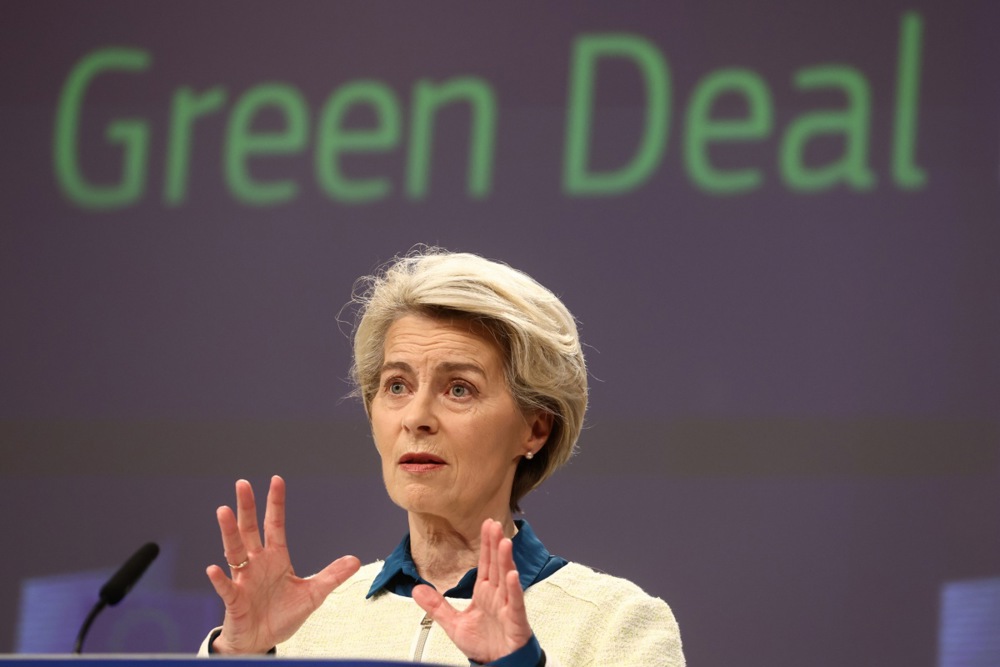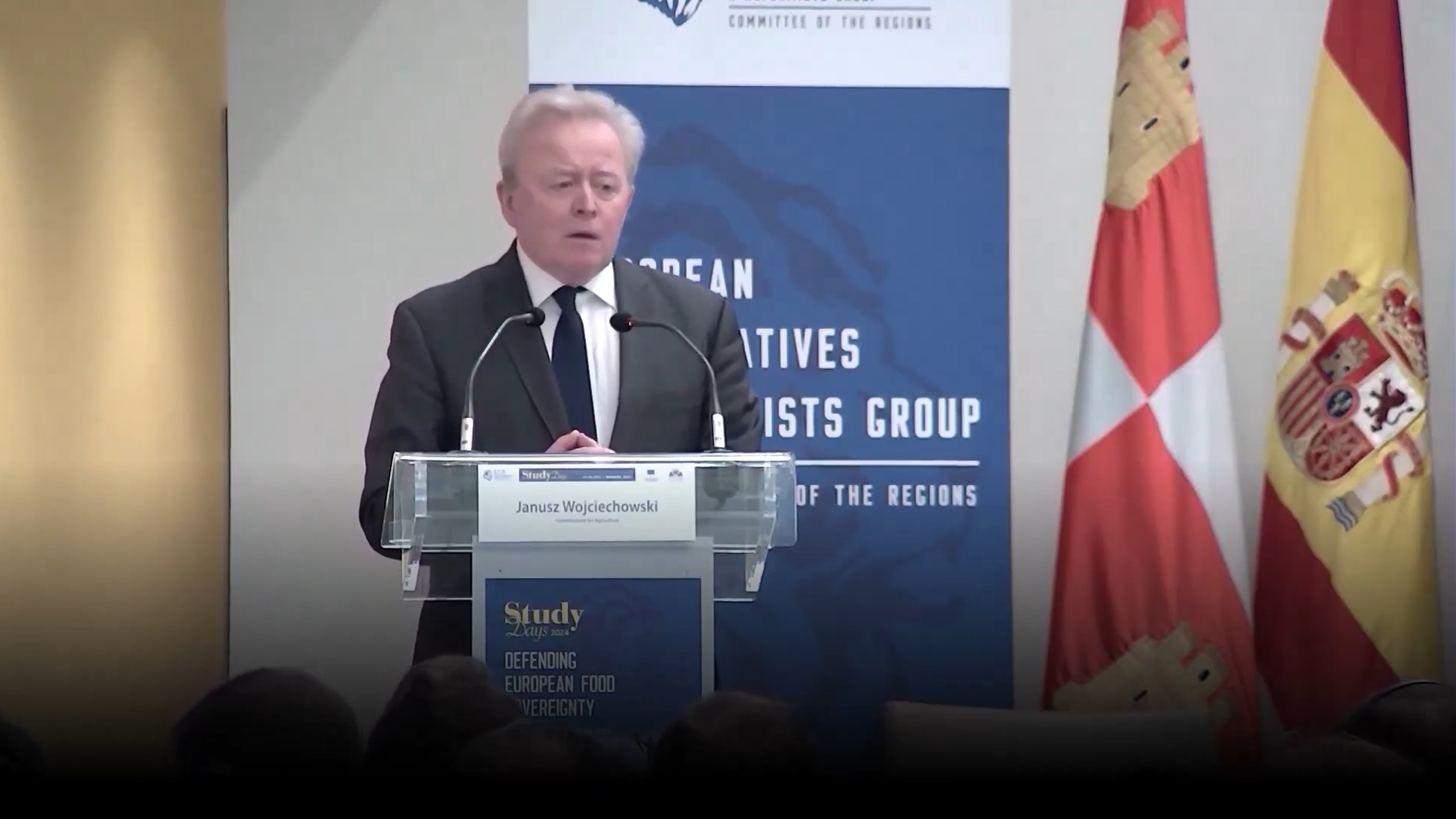The European Commission has drafted plans to drop long-haul flights from CO2 emissions-monitoring rules.
The move came after international airlines requested an exemption, according to documents seen by Reuters the news outlet reported on June 19.
The European Union is developing plans to require airlines to track and report their emissions starting in January 2025 as part of climate protection measures. In addition to CO2, the bloc aims to have emissions of soot, nitrogen oxides and water vapour recorded.
A preliminary EC proposal for the new rules would exclude international flights — defined by the EU as those departing or arriving in Europe from non-European destinations — for two years, limiting them until 2027 to only flights within the continent.
Documents seen by German media show that the EU chief has taken 57 separate flights on private planes since 2021. #SOTEU2023 https://t.co/SpjEm7U2UL
— Brussels Signal (@brusselssignal) September 13, 2023
The EC document stated: “Such reporting shall only be required in respect of routes involving two aerodromes located in the European Economic Area,” and added that flights from the European economic Area to Switzerland or the United Kingdom would also be exempt.
The proposed new rules have divided the aviation industry.
The lobbying group International Air Transport Association (IATA) is seeking exemptions for long-haul flights.
European low-cost airlines Ryanair and Easyjet, on the other hand, argue that all flights — including long-haul international trips — should be subject to the planned regulations.
IATA has stated that it is currently not possible to accurately monitor CO2 emissions of a flight, adding that the EU’s emissions-monitoring requirements should be voluntary and not apply to international flights.
In a letter to the EC in April, IATA Director General Willie Walsh said: “Any intention of expanding the scope to extra-EU international flights would raise legal concerns.”
According to Brussels, its policies and the efforts of the airline industry so far “have led to improvements in fuel efficiency over recent years”.
Official data shows that the amount of fuel burned per passenger dropped by 24 per cent between 2005 and 2017.
In 2017, direct emissions from aviation accounted for 3.8 per cent of total CO2 emissions. “The aviation sector creates 13.9 per cent of the emissions from transport,” making it the second-biggest source of such emissions after road transport, the data revealed.
A new “green” European Union tax might have some ugly, unintended consequences with a study showing the Carbon Border Adjustment Mechanism (CBAM) will drive up domestic energy prices in Europe and lead to more CO2 emissions. https://t.co/JHgqOaJB8f
— Brussels Signal (@brusselssignal) March 8, 2024





